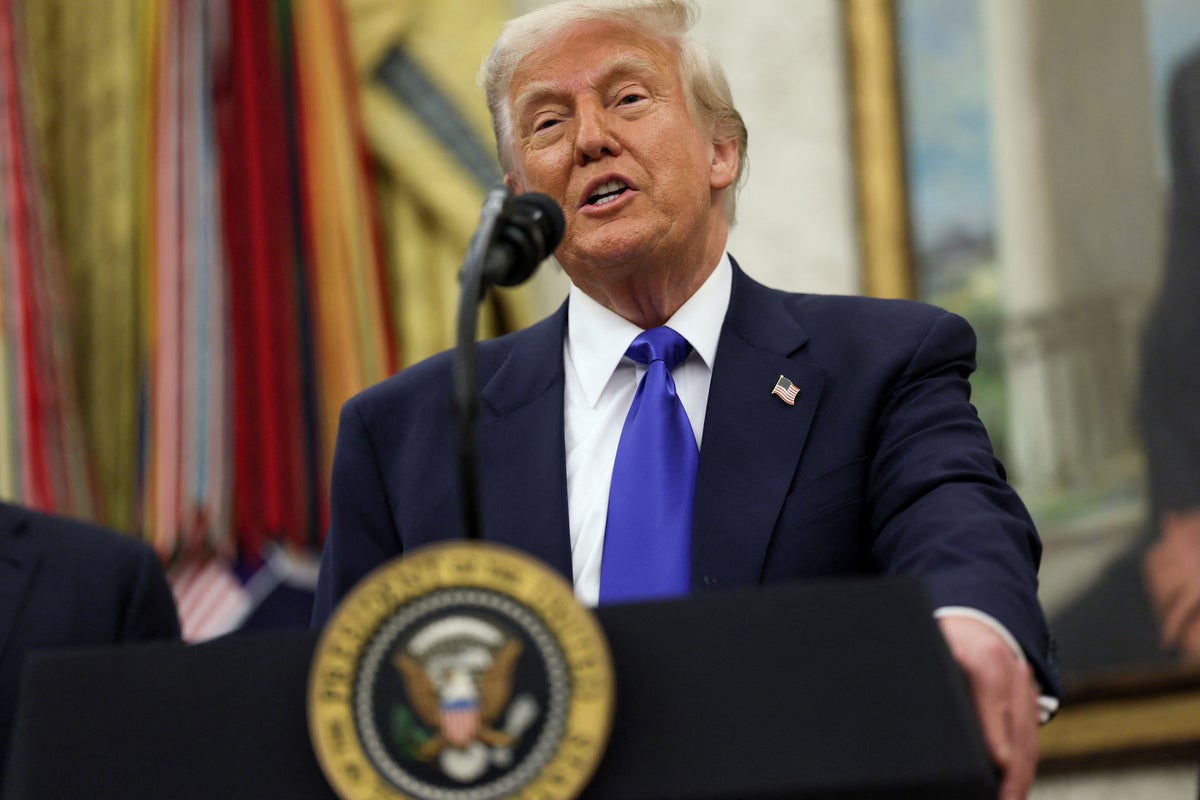Major U.S. employers are leaving more jobs unfilled and cutting back on hiring as economic worries amid President Donald Trump’s global trade war cause them to hit pause.
Several major employers, including T. Rowe Price, JetBlue, Polaris, Harvard University and more, have paused hiring as they weather a turbulent economy, The Wall Street Journal reports. Others, including Union Pacific Railroad and insurance broker Marsh McLennan, have warned they could cut back on hiring as concerns grow.
Robert Mack, chief financial officer of Polaris, even told investors last week the company is instituting its “recessionary playbook.”
This comes even after the latest job report defied expectations and showed hiring remains steady despite concerns over Trump’s tariffs. Data released Friday by the Bureau of Labor Statistics revealed that the U.S. economy added 177,000 jobs in April and the unemployment rate remains at 4.2 percent.
Economist Brad Hershbein tells the Journal that people entering or re-entering the job market are having a harder time finding work, which may signal deterioration. Companies often pull back on hiring first when they’re feeling concerned about the future, he added.
“That’s one place where they pull back first,” Hershbein said. “People are increasingly saying they’re nervous.”
While Trump has rebuked any claims his global trade war could spark a recession, concerns about an economic downturn as a result of his tariffs remain.
Trump imposed 10 percent tariffs on goods from nearly every country earlier last month, and added extra levies depending on other nations’ trade relationships with the U.S. Days later, Trump issued a 90-day pause on the tariffs, though he continued his across-the-board 10 percent tariffs.
Days later, Trump issued a 90-day pause on the tariffs, though he continued his across-the-board 10 percent tariffs. He also continued all tariffs on imported cars and car parts, steel and aluminum, and raised tariffs on Chinese goods to 145 percent. China hit back, imposing a 125 percent retaliatory tariff on American goods.
Trump and his top trade negotiators later said they want to reach trade deals with 90 countries in as many days — but experts say there’s “no way” that’s possible.
A new NPR/PBS News/Marist poll released last week showed Americans aren’t happy with his tariffs. Just 39 percent of respondents approved of his handling of the economy, which is his worst score ever. Nearly two-thirds also thought that grocery prices will increase, with nearly 60 percent saying that putting tariffs on imported goods hurts the economy.
That comes after a Washington Post/ABC News/Ipsos poll last month found just 34 percent of Americans say they support Trump’s efforts to raise tariffs. Meanwhile, 64 percent of Americans told pollsters they disapprove of the tariffs, making it one of the least popular policy moves Trump has made in office.

